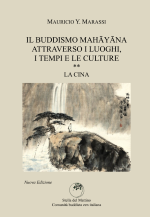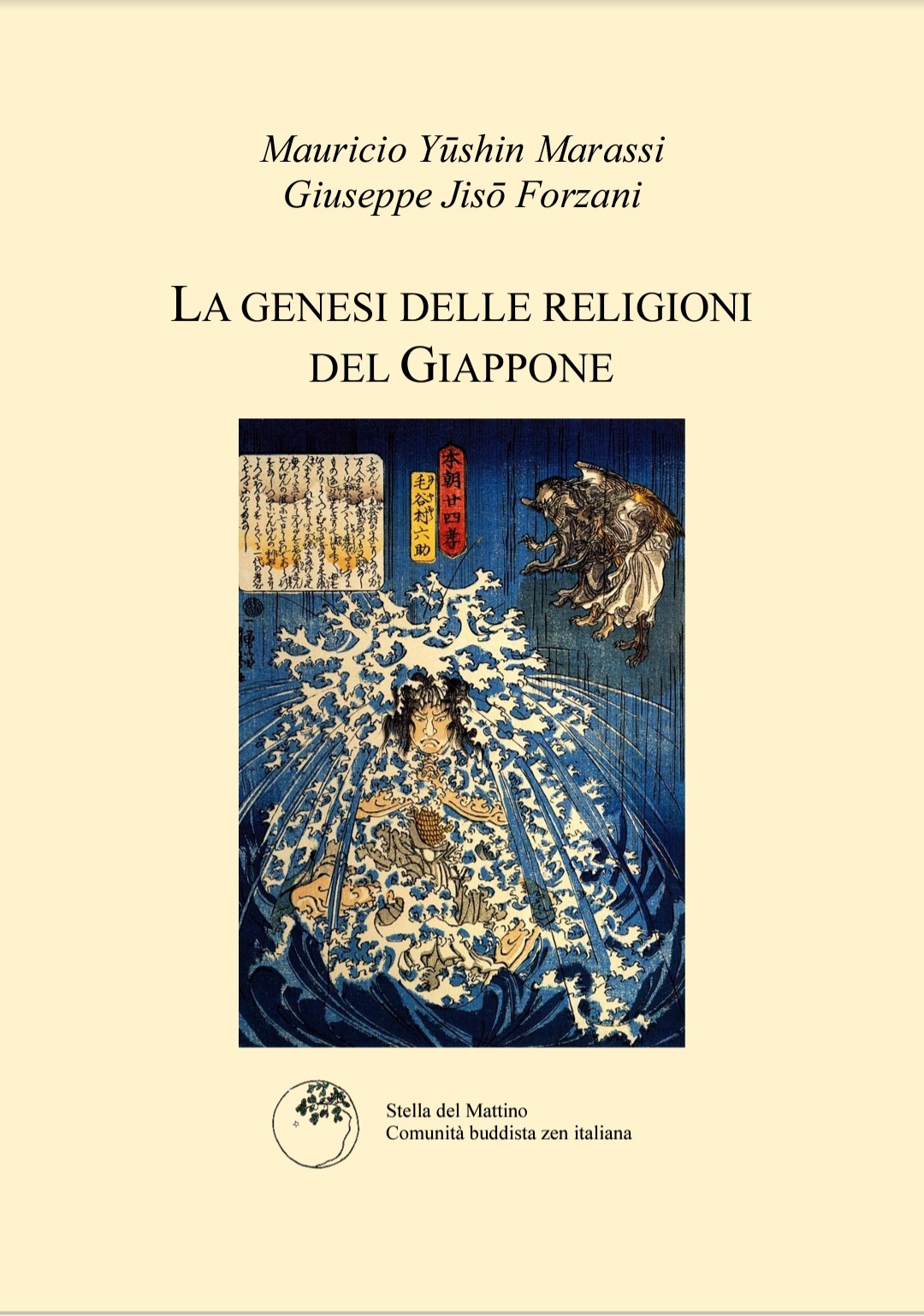Although this may seem like an overblown way of putting it, to get over my neurosis regarding takuhatsu, it was necessary for me to become personally aware of my religious mission to society as a mendicant priest. Even during that period when I was personally depressed and feeling terribly intimidated by going out and there was so little coming into my bowl, the people of Kyoto did donate something to support me, despite the fact that in those days, most people would look around for the cheapest place to buy an eggplant, even to save just one sen. During my entire life of practice, I was supported entirely by the people of Kyoto, although it used to puzzle me just what motivated the local folk to put money in the bowl of a monk out on takuhatsu in the first place. One day I was taking a lunch break in the confines of Toji Temple. As we always had rice gruel for breakfast at Antaiji, it was not practical to prepare a lunch of leftover breakfast, so I usually bought a couple of rolls. I often ate on the grounds of a temple or shrine, or in a temple cemetery. Nowadays, the grounds at Toji are all fenced off and they charge money just to get in, but in those days there were no fences or places that collected entrance fees—it was an ideal place to rest and eat a roll or two. Pigeons approached and I would break off a little of the bread I was eating and share it with them. Particularly during the period when I was so depressed about going out in the first place, watching them eat the few crumbs I tossed, somehow cheered me up. At some point, if I knew I would be stopping off at Toji, I got into the habit of buying an extra roll to share with the pigeons. As I was feeding the pigeons one day, I realized that I, too, was one of the pigeons of Kyoto. When the pigeons came around, people would want to feed them if they had any bread leftover simply out of human sentiment. In the same way, if some monk happens to stop in front of your house, you might think that another one of those pigeons has come around, and you open the door and toss one or two yen into his bowl, just as you would toss bread to the birds. I realized that, in a sense, I had to behave and appear attractive just like one of those Toji pigeons. Now in Kyoto, there were plenty of pigeons at other temples, too, but they were pushy. If you looked like you were going to give them some bread, they would come right up onto your hand, take it, and then go after the bread you had intended for yourself. When they started doing that, I would feel reluctant to feed them anymore. The pigeons at Toji would approach to within a couple of feet. And when I would drop the crumbs about a foot away from me, they would do a little hop, peck at the bread and then quickly jump back a couple feet. This reticence on the part of the pigeons was really quite charming. I decided that from then on I would be like a Toji pigeon. I began to play my role gladly, adding to the ambience of this city as a monk doing takuhatsu. My style of doing takuhatsu became more reserved and less pushy, and I stopped thinking in terms of how much money I needed to get in my bowl each day. I went from one house to the next as quickly and lightly as I could. And before I knew it, people got used to my new style. They began putting coins in my bowl almost before I had a chance to show my face. Sometimes while passing by the front of an open shop I would notice that the shopkeeper was on the phone, so I would just keep walking by. Surprisingly, people would finish their call and chase me down the street to put something in my bowl. How could I be anything but grateful when people would do that kind of thing. One day I was sitting on the electric train on my way back to Antaiji from a day out. It was cherry blossom time, the train was crowded and I was standing there holding onto one of the leather straps with one hand and a paperback in the other. A man sitting just down the aisle and looking rather drunk spotted me and shouted, “Oh, monk, come on over here, there is a seat open.” As he was pretty far into his cups, I would have preferred to ignore him, but since there was a seat open and I was quite tired from the day’s outing, I worked my way over and sat down next to him. He tried to engage me in conversation, but I made perfunctory replies and went back to reading my book. He leaned over to see what I was reading, but unfortunately for him it looked rather difficult, so for a while he just sat next to me without saying a word. Then, all of a sudden, in a most serious tone, he said, “You keep on practicing good and hard, now. Look around. Even though everyone is all caught up in looking at the cherry blossoms, here are guys like you going out on takuhatsu. I’m just a tinsmith, and sometimes when I’m working there in the shop, we can hear the ‘Ho——’ of some monk coming down the street. My little girl runs over to me and says, ‘Papa, give me some money!’ She quickly takes the two yen or three yen I give her and runs out to put it in the monk’s bowl. And inevitably, the monk very politely bows very low to thank her and then goes on his way. You know, for two or three yen, you don’t have to be so polite and do a full bow like that. Anyway, you practice real hard, now. All the great ones like Ikkyu lived off takuhatsu. If we keep on giving to monks, even if we can’t afford very much, some day another Ikkyu will come along—I’m absolutely sure of it.” I closed the book I was reading and looked straight at this drunk sitting next to me, but all the drunkenness had disappeared from his eyes, and he looked back at me most soberly. In many districts of Kyoto there are still people who think like that guy.
Back
Se volete, lasciate un commento.
You must be logged in to post a comment.







